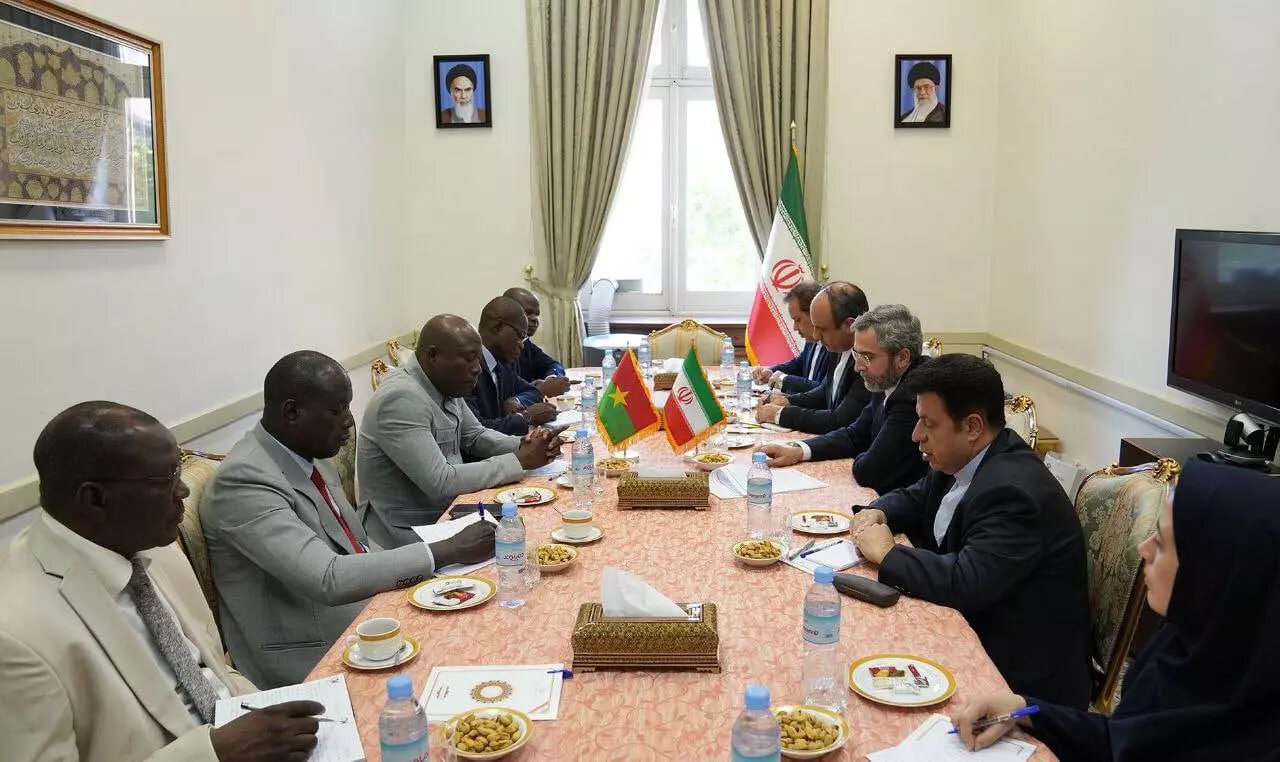Burkina Faso to open embassy in Iran

TEHRAN – A senior Burkinabe official has said that the West African country will open an embassy in Tehran.
The announcement was made by Issa Boro, the secretary general of the foreign ministry of Burkina Faso, who met on Saturday with Ali Bagheri Kani, the deputy foreign minister of Iran for political affairs.
In the meeting, the Burkinabe official described Iran as a country with great and historical civilization and culture and emphasized that his government has the political will to develop political, economic and cultural relations with the Islamic Republic, according to a statement by the Iranian foreign ministry.
For his part, Bagheri Kani stated that Iran has a plan to develop relations with Burkina Faso.
Bagheri Kani also welcomed the plan by the West African country to open embassy in Tehran and considered the joint commission for comprehensive cooperation to be a suitable mechanism for pursuing common programs and issues of mutual interest.
Boro has traveled to Tehran at the head of a delegation to examine the ways of developing cooperation and consult with the authorities in Iran.
Iran and Burkina Faso enjoy good relations. In March, the Health Minister of Burkina Faso travelled to Iran. Robert Lucien Jean-Claude Kargougou, the health minister of Burkina Faso, called for cooperation with Iran in the field of health. He said his country was seeking to import Iranian medical equipment.
“We are ready for any kind of cooperation with Iran and we request to benefit from Iran's experiences in addition to importing types of medicine, medical equipment, and vaccines,” Kargougou said.
He made the remarks in a meeting with his Iranian counterpart Bahram Einollahi in Tehran.
“We visited the capacities of Iran’s health sector and we admire Iran for its progress and self-sufficiency in the field of health, especially for the production of 97 percent of the needed medicine inside the country.”
“Iran excels in the field of health and has advanced hospitals, so we welcome the development of cooperation with Iran,” he highlighted.
“The coronavirus disease has been controlled to some extent in our country, but there are still cases of infection, and with the vaccines donated by Iran, we can have a wider vaccination coverage to contain the disease.”
